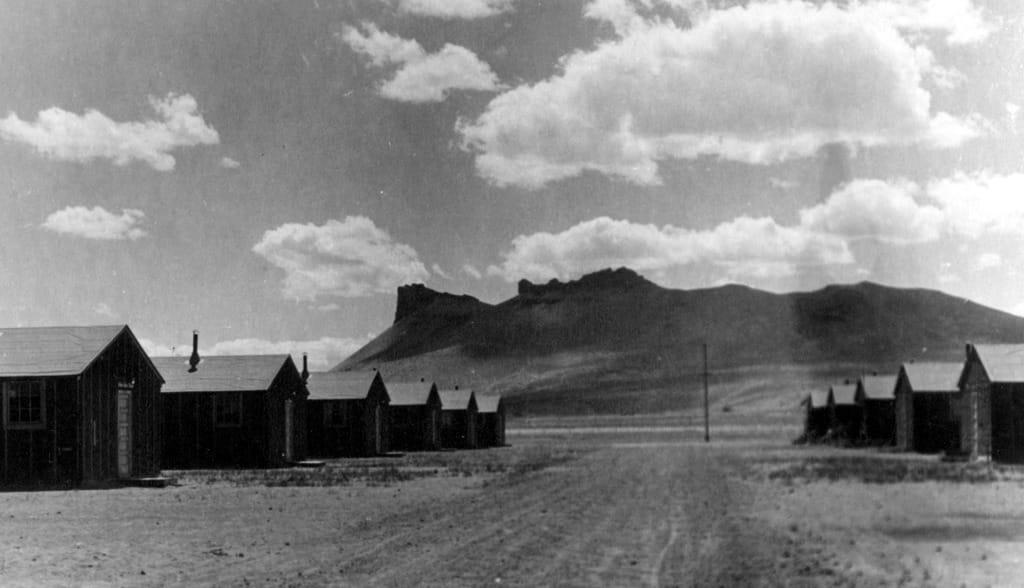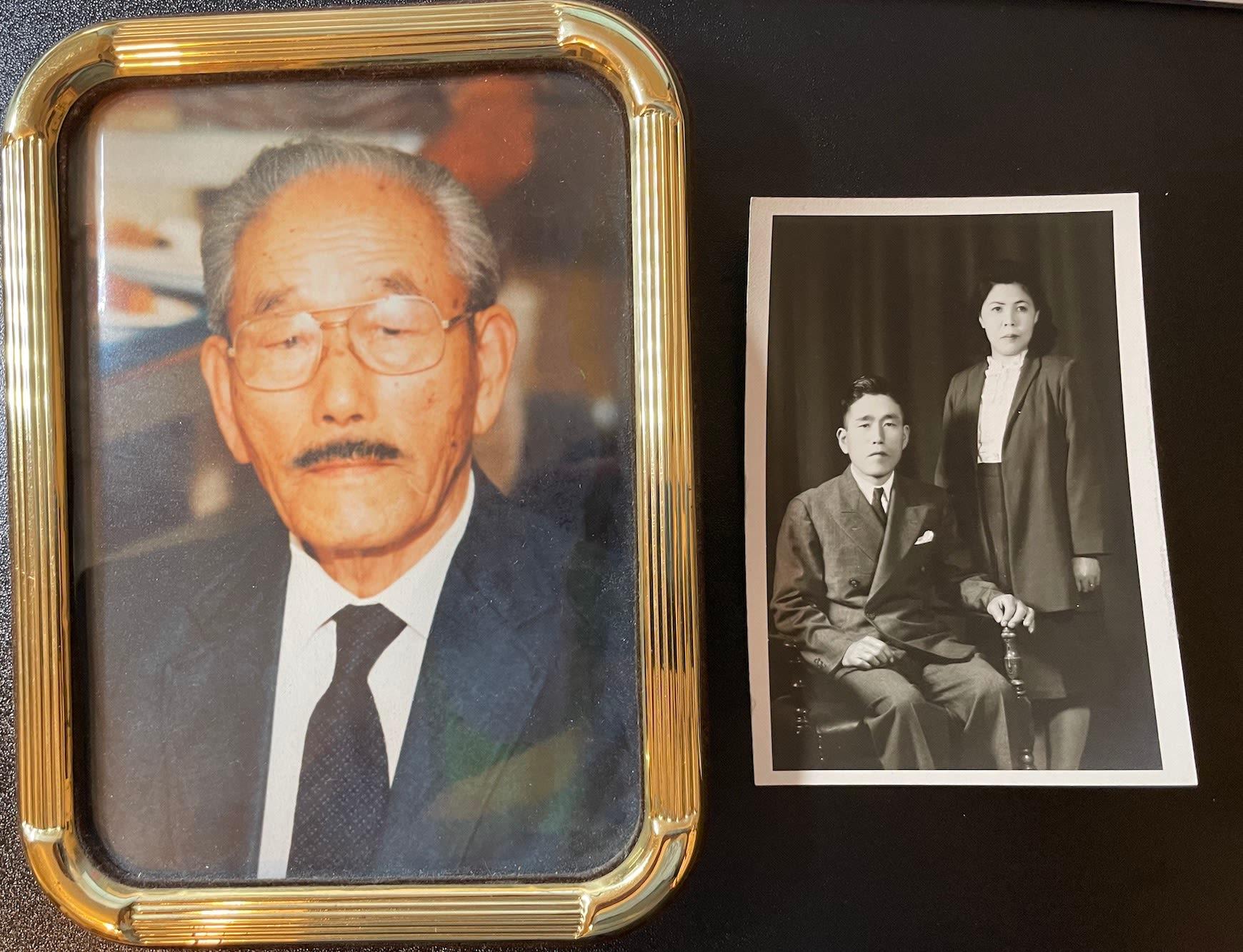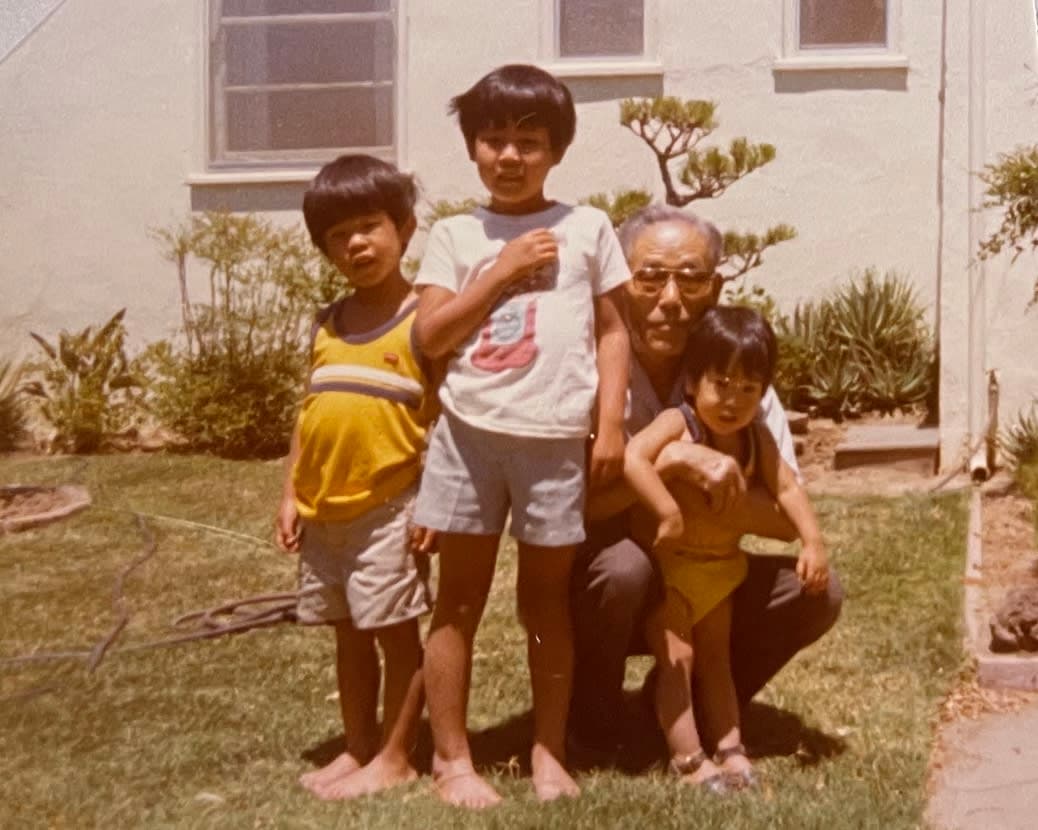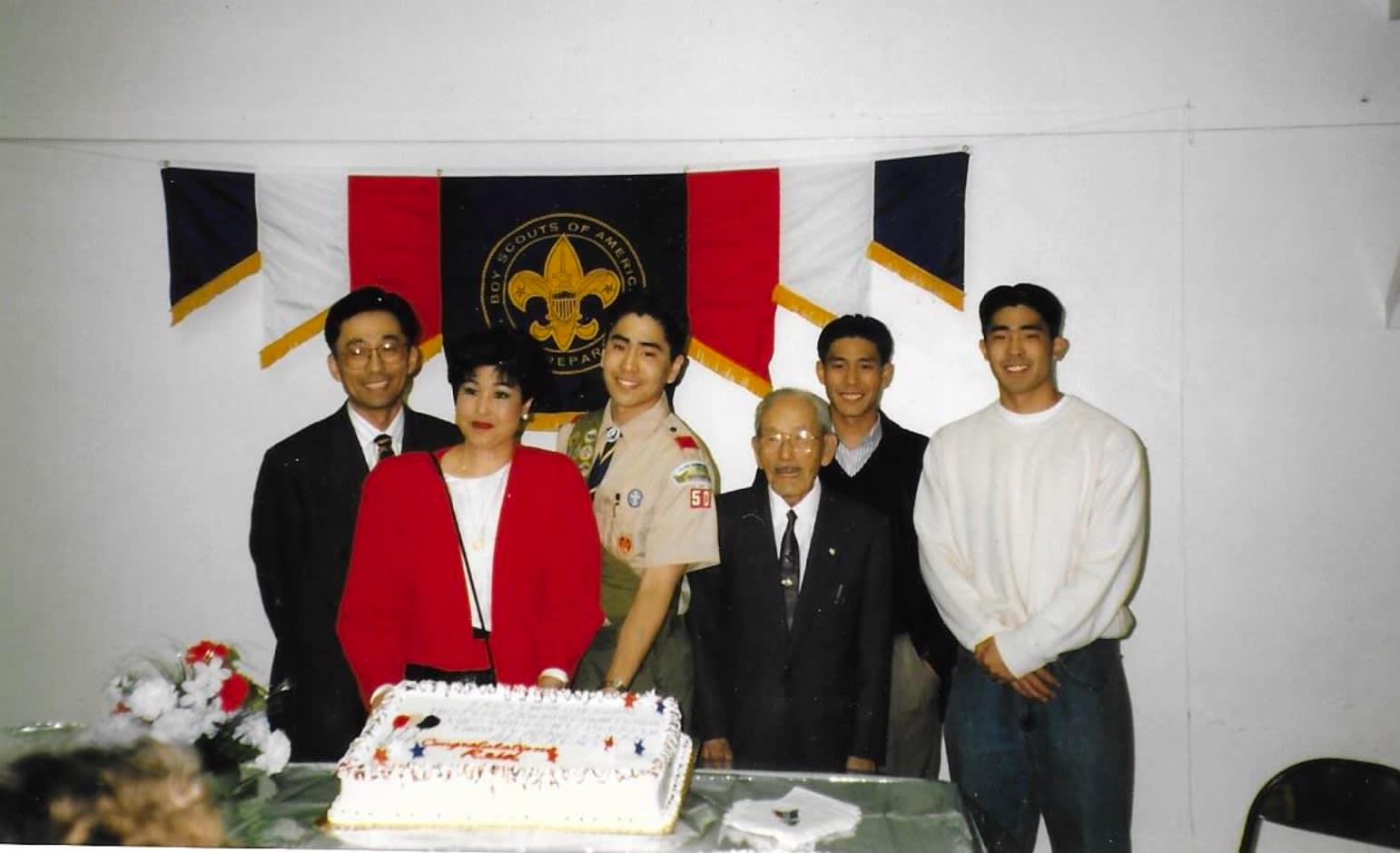Snyker Spotlight: Jeff Yoshimura on his Asian American heritage & AAPI Month
May 19, 2021
0 mins readMany friends ask me, “Why do you mow your own lawn and do your own gardening?”
I usually brush off the question and say, “it’s to show my kids responsibility, as someday they will be taking over.” But there is another truth to this story, which I’ll be explaining publicly for the very first time. It’s a truth rooted in my family’s history and something that is very much part of my appreciation for Asian American Pacific Islander Heritage Month.
Like most everyone in the United States, we all have ancestors who came from somewhere else — Europe, Africa, Middle East, South America, or Asia — seeking a better life or opportunities. More than 100 years ago, this was my grandfather. In the 1910’s, as the youngest of seven children, as a teenager, he came to the United States from Japan to stay with his brother. He didn’t know how to speak any English. His parents sent him to the United States alone in search of a better life and peace. Japan was not a stable country and very feudal. Due to this, and the growing needs in the United States for farming and fishing labor, in the late 1800’s through 1924, the first wave of Japanese immigrants began to settle in Hawaii, California, Oregon, and Washington. However, due to resentment of the Japanese’s farming success, an anti-Japanese movement started and Japanese immigration to the United States ended with the Immigration Act of 1924.
Despite being a teenager, he was enrolled in the 2nd or 3rd grade and quickly learned how to speak English. He graduated from high school in a few years and began to work in the farming industry. Over the next fifteen years, he saved enough money to lease a small hotel, amazingly, achieving the “American Dream,” but with World War II, this all ended. With Executive Order 9066, tens of thousands American citizens of Japanese descent — including my grandfather —were authorized to be moved (by force, if necessary) to internment camps, mostly in barren desert areas. They were forced to leave everything with the exception of a single suitcase, including abandoning their homes and businesses. And that hotel that my grandfather worked to so hard to operate and lease, had to be given back to the landowner without compensation.

Internment camp life was hard, but many strong relationships were formed. In camp, my grandfather met my grandmother, and just before the war ended in 1945, my father was born. If anyone wants to read about camp life and survival, a great book is Farewell to Manzanar.
Fast forward to after the war, most Japanese and Japanese Americans moved to western U.S. cities like Los Angeles, San Francisco, San Jose, Sacramento, and Seattle, as well as, to neighboring farming communities. While cultural values and traditions were maintained, the Japanese language was either lost or minimized, as parents and grandparents preached to their children to learn only English to better assimilate into American society. In a sense, this is how the Japanese earned the nickname the “model minority” which when I was younger, I accepted as good, but now realize that it is and was a form of institutional racism.

Now back to my story of lawn mowing and gardening.
After the war, that is what my grandfather was. He was a gardener. He was proud of his profession. He perfected it. He learned how to take care of his customers and make their lawns and gardens look beautiful. It was like art, and it was that art and customer service that led to new customers and more work (best marketing = customer success + word of mouth). Despite the hard work, he never complained, saving all the money he could so that my father could attend college someday.

But things were not always easy, especially for my father. On Saturdays, while other kids enjoyed their free time, my father would help his father with the family business (begrudgingly), working at the homes of school classmates. On the positive side, my father was able to perfect the trade and later pass his skills onto my two brothers and I through chores.
My grandfather’s dream was finally fulfilled in 1969, with my father graduating from UC Berkeley with a civil engineering degree. Later, in 1995, my grandfather was able to see me graduate from UC Davis, and a few years later, my two brothers’ graduate from UCLA. He was able to see all of his hard work pay off before he passed away, just shy of 99 years old.

So every time I am outside cutting my lawn or cleaning up the yard, there is always a little piece of my grandfather with me. This is the appreciation I have for Asian Pacific American Heritage Month as so many people have a story to tell.
Now reflecting on my career as a person and leader. What’s important to me is always reflecting on the people around you who have helped you get to where you are (which for me has been people of every age, gender, ethnicity, and many from outside the U.S.). Be humble and kind regardless of the success that you’ve had. Work hard and never take things for granted. Think about others first before yourself — be helpful, be a mentor, help solve problems, grow people, and give back when you can.
Thank you for hearing my story — and as we are dealing with an unprecedented rise in Asian hate crimes, I ask that you seek to understand the history and plight of Asians and Asian Americans and do what you can to help raise awareness and stop the violence. If you have the means, I’d encourage you to join Snyk in contributing to one of the many nonprofits focused on supporting Asian American communities, such as:
Asian American Federation - Advocates for policies, services, and funding that lead to more justice and opportunity for Asian Americans.
AAPI Women Lead - Works to end all forms violence against AAPI communities through research, education, safety training and more
WomanKind - Provides multilingual, culturally-responsive services to AAPI women whose lives have been impacted by violence.
Hate is a Virus - Provides grants to organizations providing services to Asian communities and combating xenophobia and racism.
Jeff “Yosh” Yoshimura is the Chief Marketing and Customer Experience Officer at Snyk





















